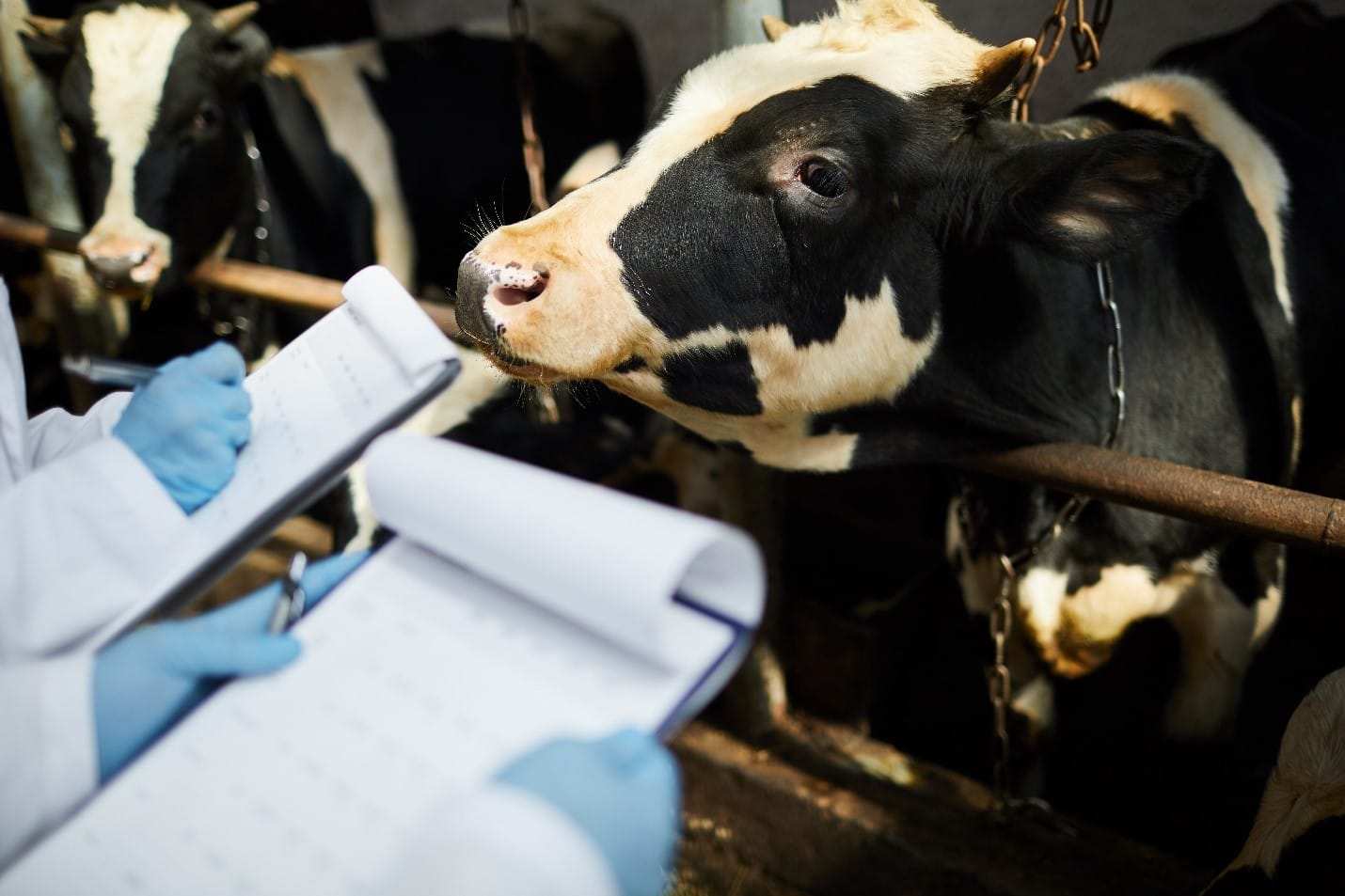In Malaysia, farm biosecurity plays a crucial role in agricultural practices. It aims to protect the agricultural sector and farms from infectious diseases and pests. Malaysia is a major agricultural hub and its economy relies heavily on the health and productivity of farms. A devastating outbreak or introduction of pests can have serious consequences on food security, the trade and livelihoods of the farmers. In order to mitigate the risks of these diseases, government officials, farmers and other stakeholders are recognizing the need for robust biosecurity. We will explore the importance of biosecurity on farms in Malaysia. This article examines the challenges and rewards associated with protecting agricultural resilience.
Farm biosecurity is a set of practices and measures designed to stop the spread and entry of pathogens and infectious diseases within farms and among them. Farm biosecurity is a crucial component in sustainable farming methods, especially for Malaysia where agriculture has a major role. The primary goal of farm biosecurity is to reduce the risks associated with disease outbreaks, pest infestations and other factors that can disrupt agriculture and trade. The proactive approach includes both management and physical practices such as controlling access to farms, maintaining hygiene and adhering the traceability system for produce and livestock.
Controlling access to farm is a fundamental aspect of biosecurity. By limiting entry to essential personnel, and by implementing biosecurity checks at checkpoints, you can reduce the risks of pests and diseases entering the farm. Visitors must also follow biosecurity protocol, including sanitizing their footwear and vehicles to avoid cross-contamination.

The orgacids feed sanitizer malaysia Government has launched several programs in order to encourage the adoption of biosecurity measures across the agriculture sector. The government agencies provide training, financial assistance, and guidance to farmers in order for them to effectively implement biosecurity. Collaborations with neighboring nations and international organisations enhance surveillance of diseases and the sharing of information to help prevent outbreaks.
Implementing farm biosecurity is not without its challenges, however. As a result, small-scale farmers may not have the necessary resources or awareness to implement comprehensive biosecurity measures. The lack of information and language barriers can hinder biosecurity practices. The porous borders, constant movements of goods and people as well as the nature of the border can also make it difficult to prevent the introduction of pests and diseases from other countries.
Farm biosecurity has many benefits to the agriculture sector as well as the country. Farmers can protect their crops and livestock by preventing pest infestations and disease outbreaks. In turn, this ensures that food is available and the livelihood and income of farmers are protected. A robust biosecurity program also enhances Malaysia’s international reputation, showing a dedication to high-quality and safe agricultural products.
